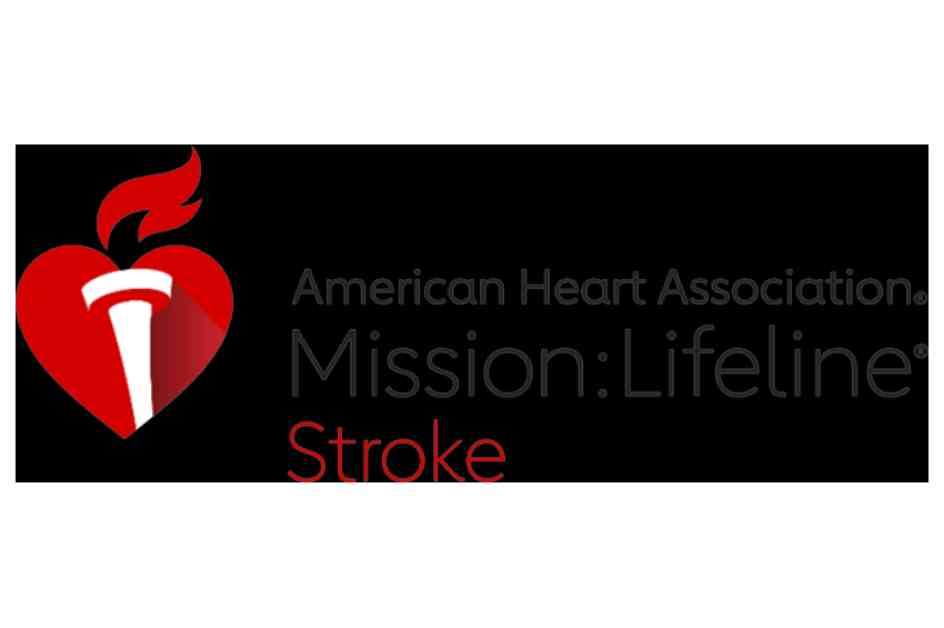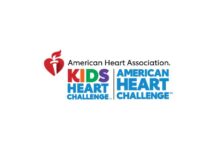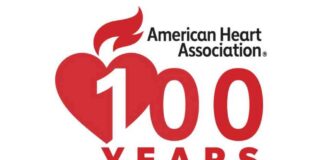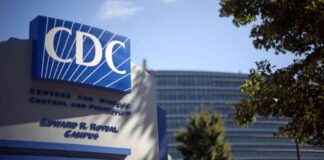Top Post-Acute Care Facilities in Montana Recognized for Stroke Patients
In a bid to enhance guideline-based care for stroke patients and improve outcomes, 11 facilities across Montana have been commended for their participation in the American Heart Association’s Mission: Lifeline Stroke post-acute care initiative. This initiative aims to standardize care practices and ensure evidence-based rehabilitation and secondary prevention interventions for stroke patients, ultimately leading to better recovery and prolonged lives.
According to the American Heart Association’s 2023 statistical update, stroke remains a leading cause of serious long-term disability in the U.S., with approximately 795,000 people experiencing a new or recurrent stroke each year. The need for standardized coordination, adherence, and implementation of evidence-based care in post-acute facilities is crucial to supporting faster and more effective recovery from stroke.
The American Heart Association, a nonprofit organization dedicated to heart and brain health, has developed quality standards based on the Association’s 2016 Guidelines for Adult Stroke Rehabilitation and Recovery to address variations in stroke rehabilitation expertise, processes of care, and educational resources among post-acute care facilities.
Participation in the post-acute care initiative provides a framework for facilities to enhance care according to the American Heart Association’s rigorous science-based requirements for stroke rehabilitation. This includes program management, patient and caregiver education and support, care coordination, clinical management, and quality improvement.
Gary W. Myers, MS, the American Heart Association National Director of Healthcare Quality Initiatives Quality, Outcomes, Research, and Analytics (QORA), emphasized the benefits of participating in the program for both patients and facilities. By following evidence-based processes at every phase of care, patients have a higher chance of positive outcomes. This initiative ensures that participating facilities adhere to essential best practices in stroke rehabilitation.
Facilities involved in the post-acute care initiative receive a participation stipend, site-specific quality improvement support, and process improvement ideas related to quality standards for stroke recovery, rehabilitation, and secondary prevention. Additionally, they have the opportunity to engage in a learning collaborative, working with experts in stroke rehabilitation to develop tools, share best practices, and improve collaboration with other stakeholders in stroke care.
The certificate of achievement recipients have committed to establishing a stroke-specific rehab program, providing stroke education to all staff members, implementing evidence-based protocols and policies, and continuously improving quality. The facilities receiving achievement awards are Beartooth Billings Clinic in Red Lodge, Glendive Medical Center in Glendive, Logan Health Inpatient Rehabilitation in Kalispell, Roundup Memorial Healthcare in Roundup, Sidney Health Center in Sidney, and Stillwater Billings Clinic in Columbus.
The sites receiving recognition awards include Bitterroot Health-Daly Hospital in Hamilton, Central Montana Medical Center in Lewistown, Copper Ridge Health and Rehab Center in Butte, Logan Health Brendan House in Kalispell, and Missoula Health and Rehabilitation in Missoula.
The Mission: Lifeline Stroke initiative by the American Heart Association aims to develop systems of care to improve outcomes for stroke patients in communities. Supported by a grant from The Leona M. and Harry B. Helmsley Charitable Trust, the post-acute stroke program seeks to implement the American Heart Association’s post-acute stroke care quality standards program in rehabilitation facilities across Montana, Nebraska, and North Dakota.
Building on the Mission: Lifeline Stroke Montana initiative launched in 2020, the goal of Mission: Lifeline Stroke is to bring together various stakeholders in stroke care, including hospitals, emergency medical services, first responders, rehabilitation facilities, communications and regulatory agencies, government entities, and payers to create a proactive system of stroke care that saves and improves lives.
As we celebrate the American Heart Association’s Centennial year in 2024, the organization continues its mission to ensure longer, healthier lives for all. Through collaboration with numerous organizations and powered by millions of volunteers, the American Heart Association funds innovative research, advocates for public health, and shares lifesaving resources to advance health and hope for everyone, everywhere. Connect with the American Heart Association on heart.org, Facebook, or by calling 1-800-AHA-USA1.
For media inquiries, contact Jay Wintermeyer at jay.wintermeyer@heart.org.

















